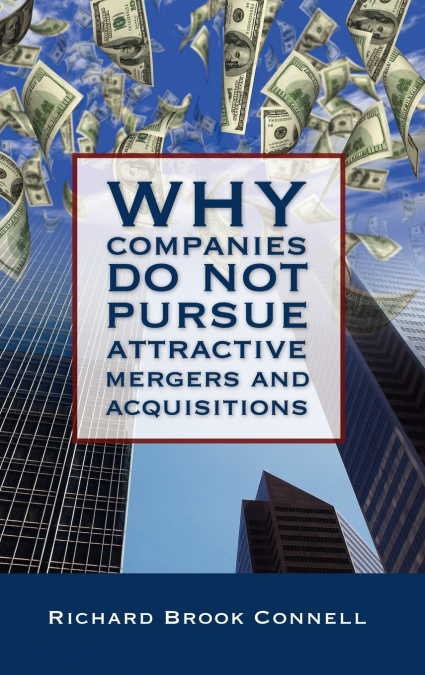
Richard B. Connell
There are substantial bodies of literature that advance theory about why merger and acquisition candidates are found to be unattractive, why negotiations are not concluded, and why the benefits of companies that are acquired are not realised. Little, if any, research identifies why merger and acquisition opportunities are not pursued in the period after candidates are analysed and found to be attractive but before negotiations begin. This study addresses this period by developing a theoretical framework of the variables that intervene to reverse decisions to pursue apparently attractive candidates before negotiations begin and which, in doing so, result in missed opportunities.The study is informed primarily by the strategic-management content literature but draws from the strategy-process literature including streams in strategic decision making (SDM) and behavioural decision theory (BDT). This is a critical book for business scholars that provides an important perspective that has not yet been studied.